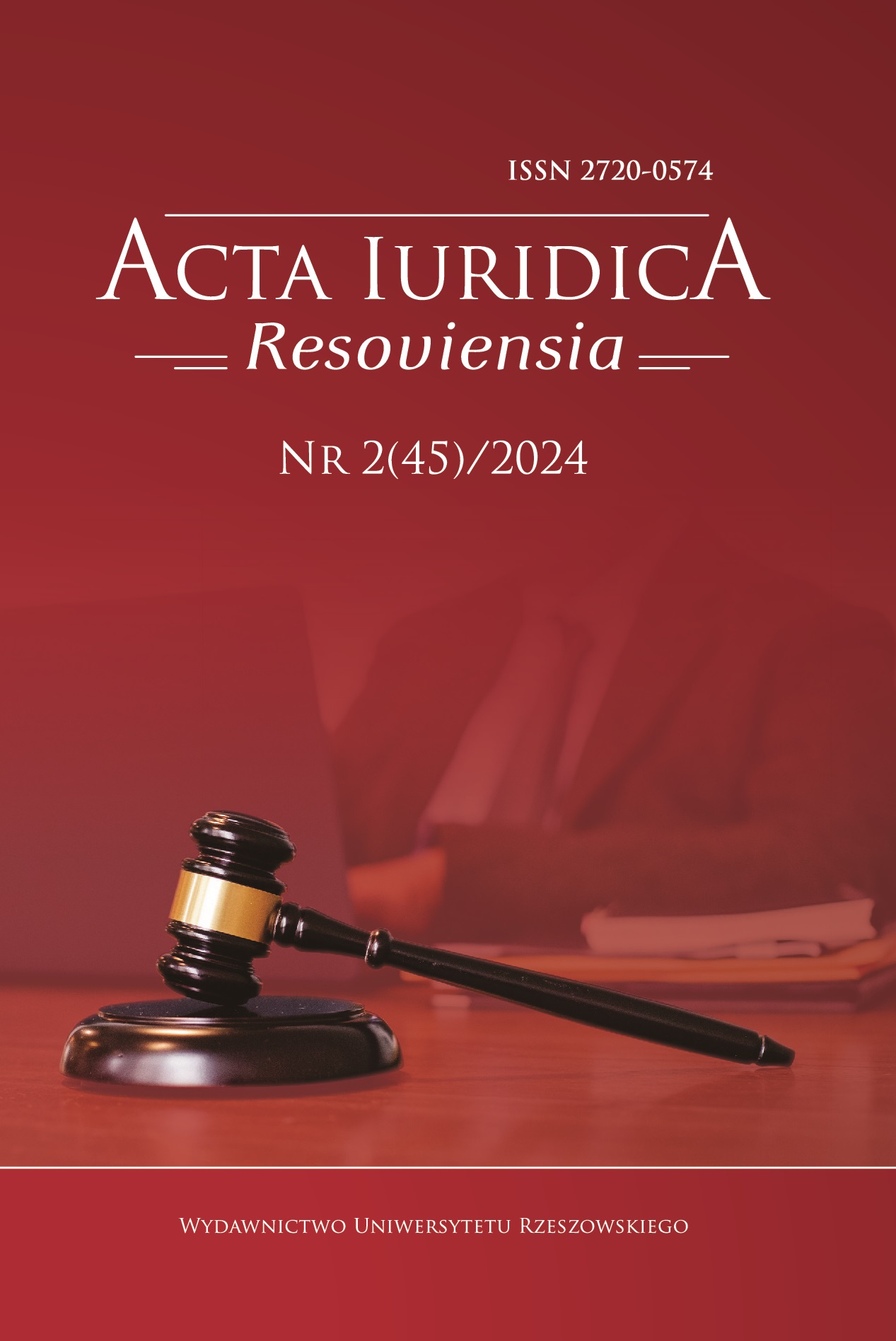The suitability of criminal law regulations to comprehensively protect fuel critical infrastructure from cybercrime
DOI:
https://doi.org/10.15584/actaires.2024.2.11Keywords:
cybercrime, critical infrastructure, fuel infrastructureAbstract
The purpose of this article is to analyse the issue of cybercrime from the point of view of protecting fuel infrastructure as critical infrastructure. The research method adopted is the dogmatic-legal method. The provisions of the Criminal Code and other legal acts are analysed. Fuel infrastructure continues to be critical to state security, although its role may be diminishing. The main hypothesis is that fuel security is protected in criminal law terms only through the prism of a general catalogue of offences. In view of this, the resilience of criminal law to violations of fuel infrastructure needs to be reviewed. The findings of the text are particularly important due to the relevance for state defence in the context of emergency situations, such as, for example, hostile hybrid actions conducted by cyber-attacks. Thus, it is crucial to safeguard state critical infrastructure through criminal law sanctions.
Downloads
Downloads
Published
How to Cite
Issue
Section
License
Copyright (c) 2024 Acta Iuridica Resoviensia (formelry: The Scientific Journal of the University of Rzeszow, Law Series)

This work is licensed under a Creative Commons Attribution-NonCommercial-NoDerivatives 4.0 International License.

